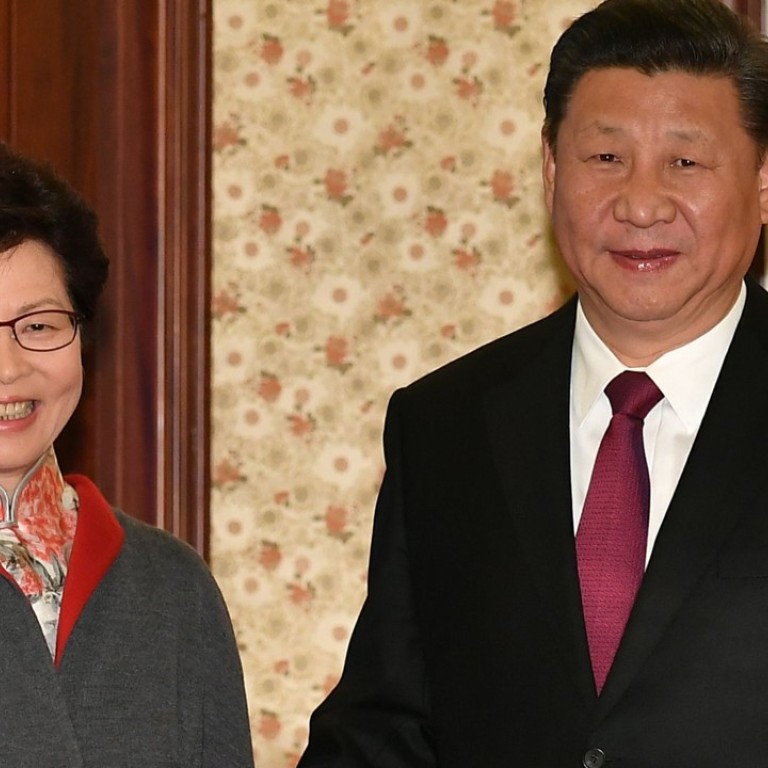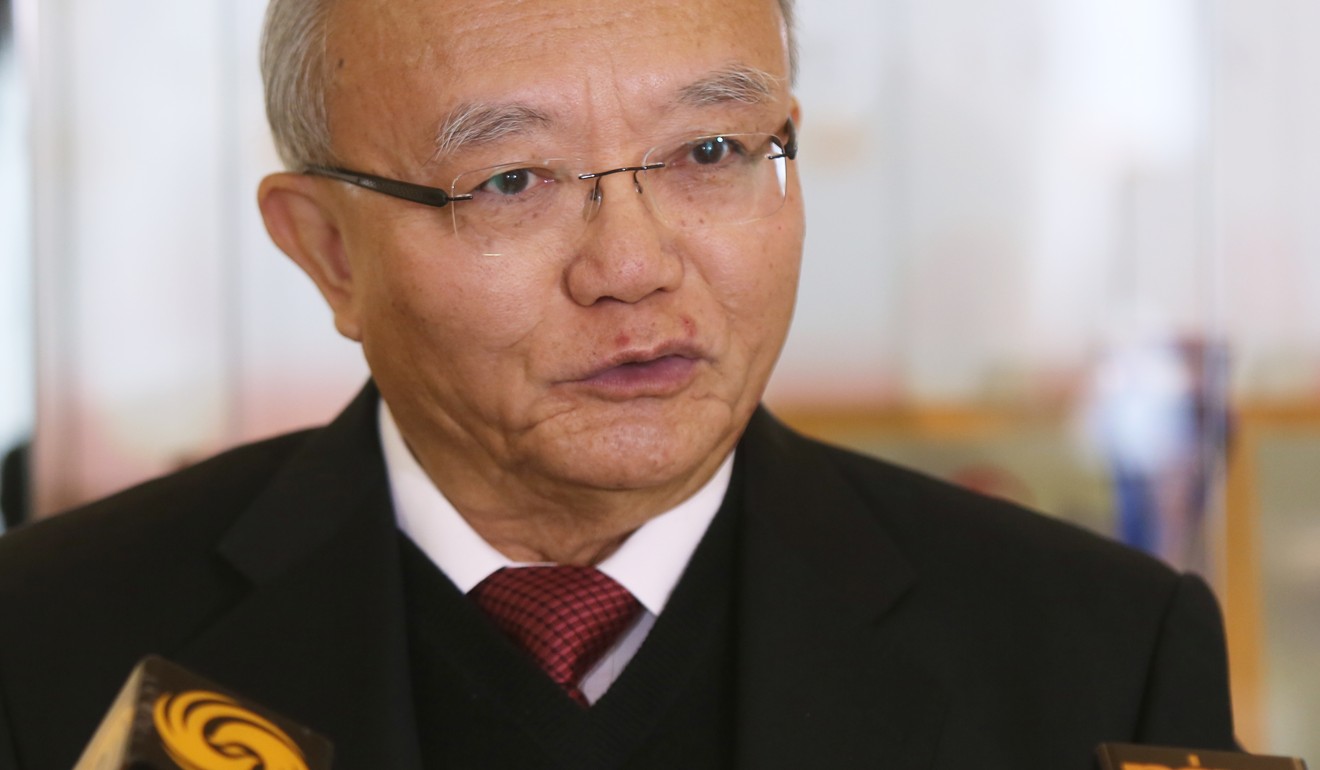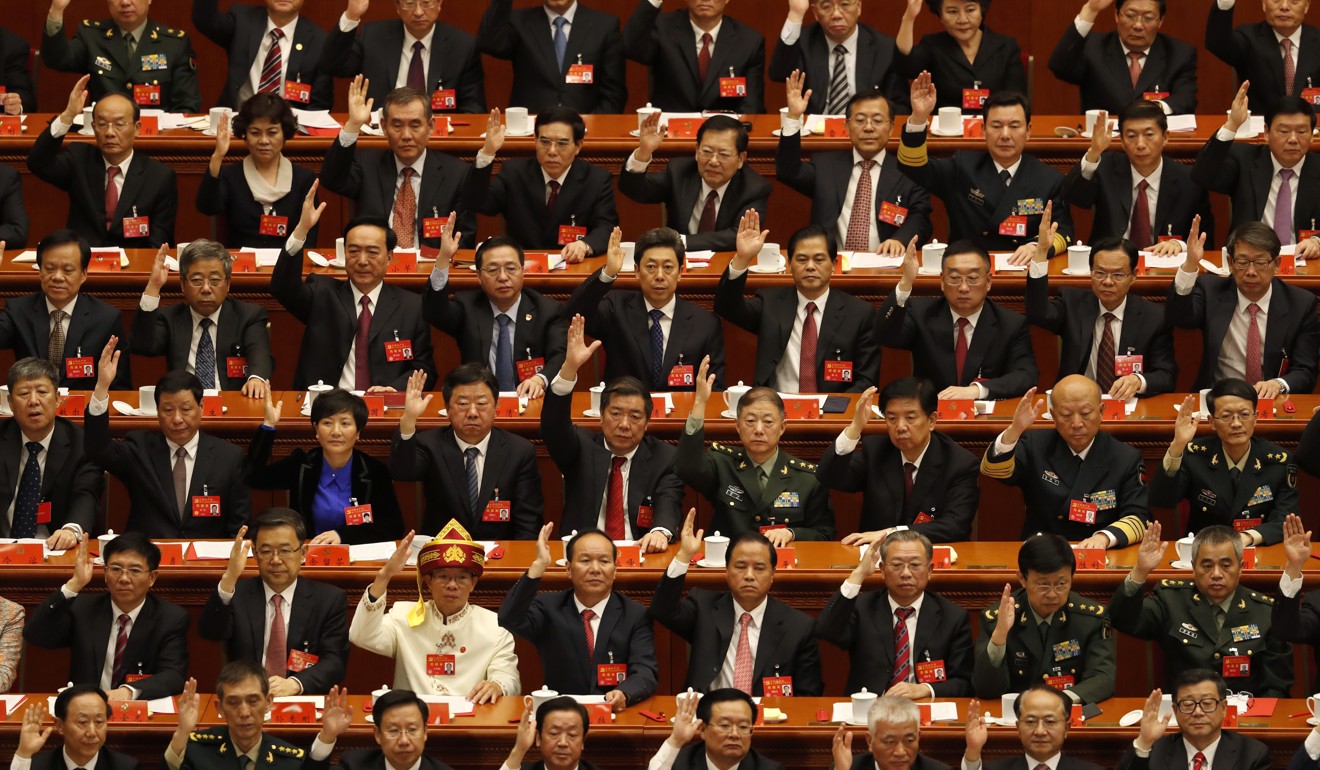
Xi ‘sent a reminder’ to Hong Kong over Beijing’s hard line on city
Lau Siu-kai says mainland officials want to remind city residents that their semi-autonomy is dependent on respect for Communist Party rule
Lau Siu-kai noted that mainland officials had recently grown less restrained in asserting the party’s authority over the city.
Carrie Lam inks deal setting out Hong Kong’s role in Beijing’s global development plan
“[Xi’s remarks were] to remind the government to fully understand the Chinese Communist Party’s governing principle towards Hong Kong,” Lau told a radio programme on Saturday morning.

And Lau said Beijing’s representatives were becoming more assertive while talking of that jurisdiction.
“The phrase ‘Chinese Communist Party’ is no longer taboo in these two years,” Lau said, adding that mainland officials instead had talked more deliberately, reminding Hongkongers that “If you want ‘one country, two systems’ to be implemented and continued successfully, you can’t disrespect the Chinese Communist Party”.
One country, two systems is the principle under which Beijing has governed Hong Kong since the city returned from British to Chinese sovereignty in 1997. Under it, Hongkongers get certain rights and freedoms not enjoyed in mainland China.
Since the early days of her election campaign Lam has said she intends to “mend rifts in society”.

Lam said on Saturday it was understandable for the pro-government bloc to raise the amendments to address some residents’ calls to curb filibustering, and that she hoped Legco would go back to being a more “rational and peaceful” place after the controversy.

